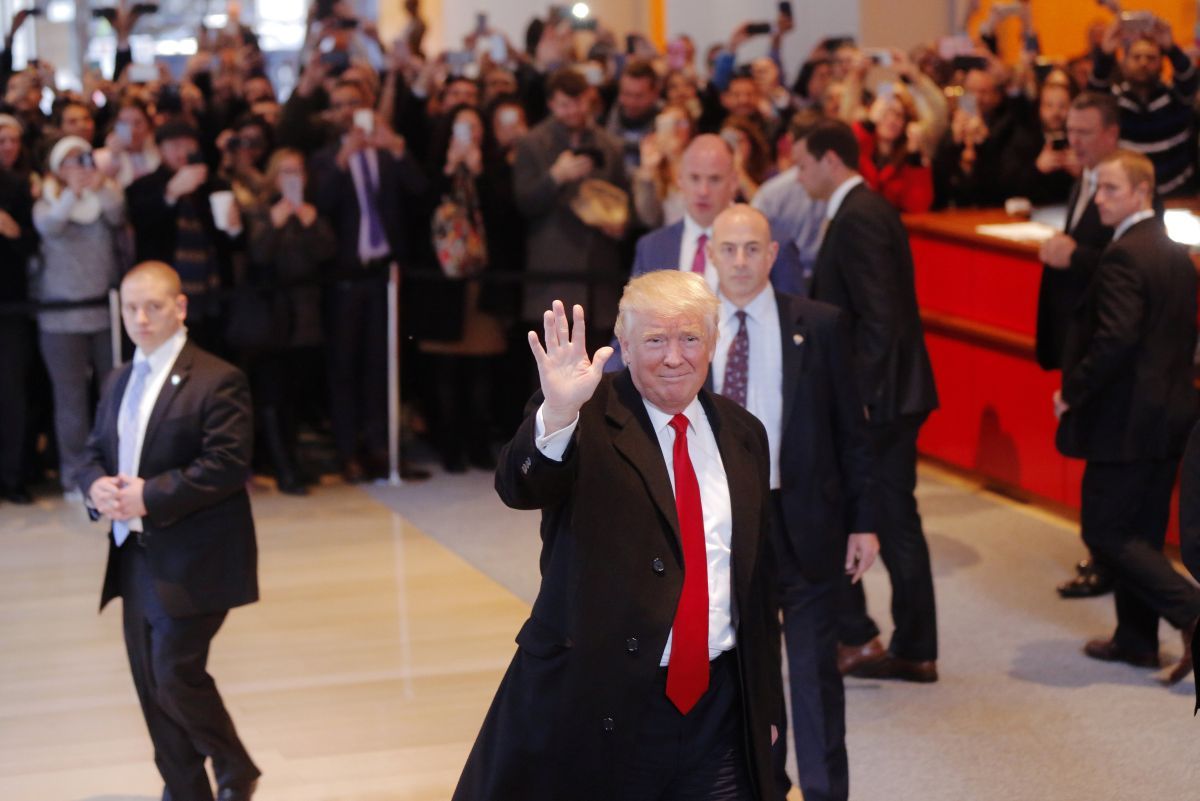
"People there [in Pentagon] now would be pretty concerned to see Russia not on the list," said Evelyn Farkas, a former senior Pentagon official who worked on Russia policy before leaving in 2015, Foreign Policy reports.
For years, top cabinet officials at the Defense Department and the intelligence community cited Russia as the foremost threat because of its vast nuclear arsenal, sophisticated cyber capabilities, recently modernized military, and willingness to challenge the United States and its allies in the Middle East, Eastern Europe, and other regions.
Gen. Joseph Dunford, chairman of the Joint Chiefs of Staff, who will remain in that role after Trump takes office Jan. 20, told Congress last year that no other threat is more serious.
Read alsoPOLITICO: ExxonMobil helped defeat Russia sanctions bill"If you want to talk about a nation that could pose an existential threat to the United States, I’d have to point to Russia," Dunford told the Senate Foreign Relations Committee. "If you look at their behavior, it’s nothing short of alarming."
He listed China, North Korea, and the Islamic State as the next biggest threats, in that order.
Read alsoU.S. alarmed by spike in violence in eastern UkraineFarkas, after reviewing the memo, said she would expect significant resistance from Pentagon officials if the next president tries to pursue its policy priorities as outlined. "They will find ways to drag their heels," she said. "Clearly, the current chairman of the Joint Chiefs still has six months to go, and he also agrees that Russia is the No. 1 threat."

